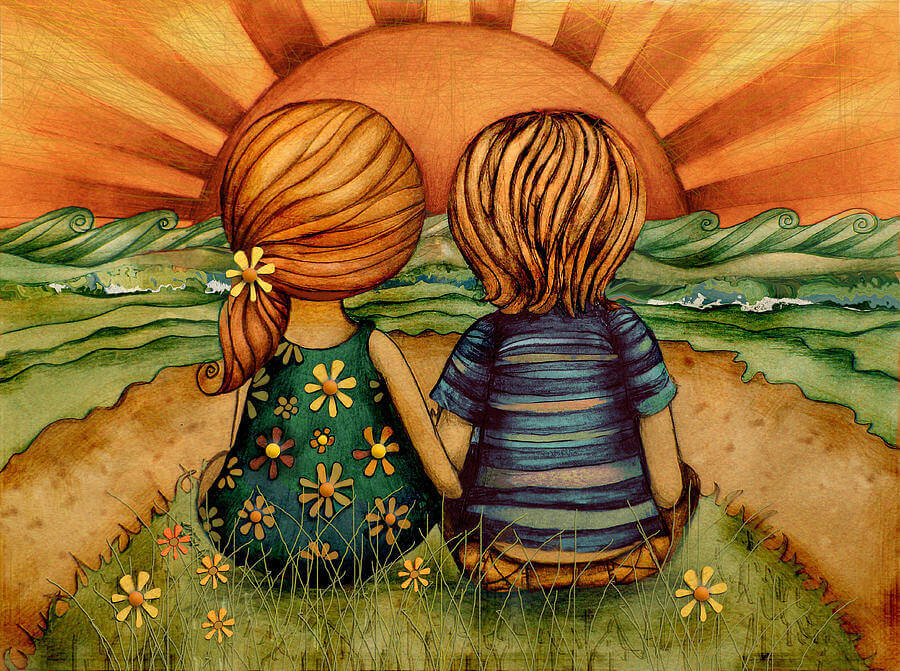Our early experiences with the world mark the beginning of our emotional development, in childhood a network is forged that will connect our mind and body, which will largely determine the development of the ability to feel and love.
In this sense, our emotional growth will depend on our first emotional exchanges, which will teach us what to see and what not to see in the emotional and social world in which we find ourselves.
- Thus.
- The field of our childhood allows us to sow love naturally.
- Which will determine that the ability to love and be loved grows healthily and helps us develop in the future.
“Are we emotional beings who learn to think, not thinking machines that learn to feel?
The displays of affection and affection increase children’s self-esteem and help them build an emotionally adequate and intelligent personality, that is, our love helps them to face the natural fears that arise at different ages, fostering a healthy level of sensitivity.
Children have a natural self-confidence. In fact, we are surprised that in the face of insurmountable inconveniences and repeated failures they do not surrender. Perseverance, optimism, personal motivation and enthusiasm are innate qualities of children.
Achieving this helps us realize the importance of loving our children and educating them about respect, empathy, expression and understanding of feelings, controlling impatience, adaptability, kindness, and independence.
A child’s temperament reflects a specific innate emotional circuitry in the brain, a pattern of present and future emotional expression and behavior, which may or may not be appropriate, so education should become a support and guide for them .
To achieve optimal emotional health, we need to change the way children’s brains develop. The idea is that through love and emotional education, we stimulate certain healthy neural connections.
For example, when a child is naturally shy, the adults around him over-protect him, which makes him anxious over time.
Emotional education requires a certain adult. A shy child must learn to name his emotions and deal with what bothers him, he should not feel that we have cut off his wings because he is vulnerable.
An adult must show empathy without reinforcing their concerns, proposing, in turn, new emotional challenges that allow them to evolve. The emotional health of the child must be protected by the development of its natural characteristics.
Experts often recommend helping children talk about their emotions to understand themselves and others; However, words are only a small part (10%) of the true meaning we get through emotional communication.
For this reason, we cannot be alone in verbalization; we need to teach them to understand the meaning of posture, facial expressions, tone of voice and any type of body language, it will be much more efficient and complete for your development.
2. For years, the development of a child’s self-esteem has been fostered through constant praise; However, this can do more harm than good. Praise will help our children feel good about themselves only if they are linked to specific accomplishments and mastery of new skills.
Stress is one of the greatest enemies of childhood, however, this is a disadvantage with which they have to live, so overprotecting them is one of the worst things we can do, they must learn to face these natural difficulties in order to develop new neural pathways that allow them to adapt to the environment in which they live.
We cannot try to raise our children in a Disney world of innocence and wit. Stress and restlessness are as much a part of the real world and human experience as love and care.
If we try to remove these barriers, we will prevent them from having the opportunity to learn and develop some really important skills that will help them face the challenges and disappointments that are inevitable in life.

